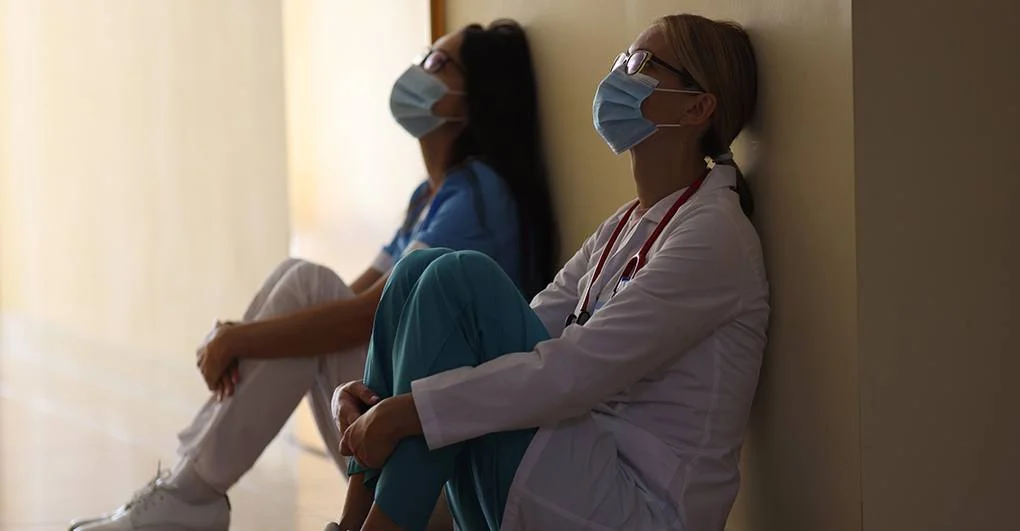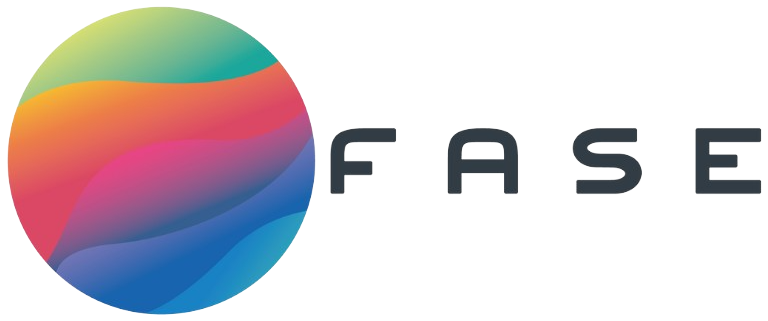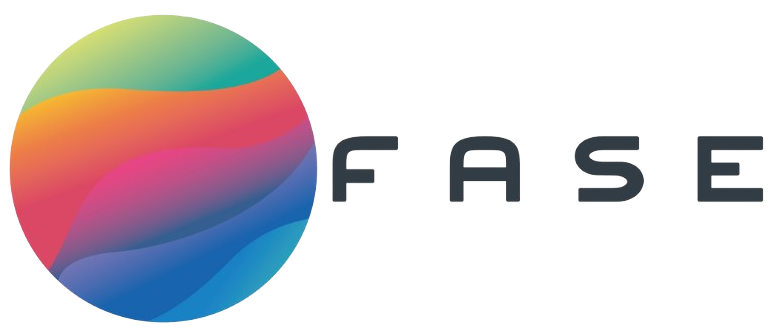
 Mental Health & Cognitive Function
Mental Health & Cognitive Function
Pandemic recovery has become a critical focus worldwide, particularly for healthcare workers who bore the brunt of COVID-19’s emotional and psychological toll. Facing extraordinary stress, grief, and burnout, many developed depression and anxiety that traditional treatments could not adequately address. In response, researchers turned to psilocybin, the active compound in magic mushrooms, as a potential solution.
Now at the forefront of mental health innovation, psilocybin therapy offers a glimmer of hope for those on the frontlines. How did it work, and what can we learn from the groundbreaking studies on healthcare workers?
The Psilocybin Treatment Process for Healthcare Workers
The treatment protocol for healthcare workers was carefully designed to address their unique struggles, combining psilocybin’s therapeutic potential with professional psychological support. Here’s what the process involved:
1. Preparation Phase: Laying the Groundwork for Healing
Before receiving psilocybin, participants engaged in preparatory sessions with licensed therapists. These sessions were critical for:
- Discussing participants’ pandemic-related trauma, such as patient loss, moral distress, and personal grief.
- Setting clear intentions for the psilocybin experience, such as processing unresolved emotions or gaining mental clarity.
- Creating a safe and supportive environment to reduce anxiety about the treatment.
This phase ensured that participants felt emotionally prepared and supported as they entered the therapy.
2. The Psilocybin Session: A Transformative Experience
In a controlled clinical setting, participants were administered a 25 mg dose of psilocybin, tailored to induce a therapeutic state of introspection. The session was conducted in a calm, private room with features like:
- Soft lighting and soothing music to promote relaxation.
- The presence of a trained therapist to provide reassurance and guidance if difficult emotions arose.
During the session, participants experienced altered states of consciousness, allowing them to access and process deep-seated emotions. For many, the experience brought a new perspective on their pandemic trauma, reframing it in a way that felt less overwhelming and more manageable.
3. Integration Therapy: Turning Insights into Healing
The integration phase, conducted in follow-up sessions, was just as vital as the psilocybin experience itself. Therapists worked with participants to:
- Reflect on insights gained during the session.
- Explore how these insights could be applied to daily life.
- Develop actionable steps for managing stress, rebuilding emotional resilience, and fostering long-term mental health.
One healthcare worker described this phase as “the bridge between understanding and change,” helping them transform their psilocybin experience into lasting improvements.
What the Studies Revealed
The psilocybin study involving healthcare workers yielded groundbreaking results that highlight the therapy’s potential:
-
Study Design:
Conducted by Imperial College London, the trial included healthcare professionals experiencing moderate to severe depression and burnout due to their work during the pandemic. Participants were divided into two groups: one receiving psilocybin and the other a placebo (niacin) paired with therapy. -
Immediate Impact:
Just one psilocybin session led to significant reductions in depressive symptoms for most participants. Many reported a “mental reset,” describing newfound clarity and relief from persistent feelings of despair. -
Long-Term Results:
After three months, 42% of psilocybin participants remained in remission from depression—compared to just a small fraction in the placebo group. Burnout symptoms also eased significantly, with participants noting renewed motivation and emotional resilience.
Why Psilocybin Works for Trauma and Burnout
Psilocybin’s effects are rooted in its ability to interact with serotonin receptors in the brain, particularly the 5-HT2A receptors. This interaction promotes:
- Enhanced Neural Connectivity: Psilocybin helps different parts of the brain communicate more effectively, fostering emotional flexibility and breaking cycles of negative thinking.
- Altered Perception: By shifting perspective, participants can revisit traumatic memories without feeling overwhelmed, creating space for emotional healing.
- Lasting Change: Unlike traditional antidepressants, which require daily use, psilocybin’s benefits often persist after just one or two sessions, reducing the need for ongoing medication.
Stories from the Frontline: Real-Life Impact
For many healthcare workers, psilocybin therapy was life-changing. One participant shared:
“The session helped me face the pain I’d buried for so long. I could finally see those memories without being crushed by them. It felt like I was lighter, freer, and more hopeful than I’d been in years.”
Another described the experience as “profound,” noting that it rekindled their passion for patient care and gave them the emotional energy to continue in their demanding role.
The Future of Psilocybin Therapy
As research advances, psilocybin therapy is emerging as a revolutionary approach to mental health care. Its potential to provide relief after just one or two sessions makes it a game-changer for those struggling with depression and burnout, particularly in high-stress professions like healthcare.
While it’s not yet widely accessible, clinical trials and evolving legislation are paving the way for psilocybin’s integration into mainstream treatment options.
Conclusion
The pandemic may have left deep scars, but psilocybin therapy is proving to be a powerful tool for healing. For healthcare workers and others affected by trauma and depression, this innovative treatment offers a pathway to recovery—and a brighter, more hopeful future.
As science continues to unlock psilocybin’s potential, we’re not just witnessing a breakthrough in mental health care—we’re seeing the beginning of a movement that could redefine how we approach healing.
Sources
- Carhart-Harris, R. L., et al. (2016). “Psilocybin with psychological support for treatment-resistant depression: an open-label feasibility study.” The Lancet Psychiatry.
- JAMA Psychiatry (2020). “Effects of Psilocybin-Assisted Therapy on Major Depressive Disorder: A Randomized Clinical Trial.”
- Vice.com. “Depressed Medical Professionals Took Psychedelics—and It Helped.”
- Imperial College London. “Psilocybin Research for Depression and Burnout.”
- CIDRAP. “Psilocybin can lift depression in clinicians who worked COVID-19 frontlines.”



